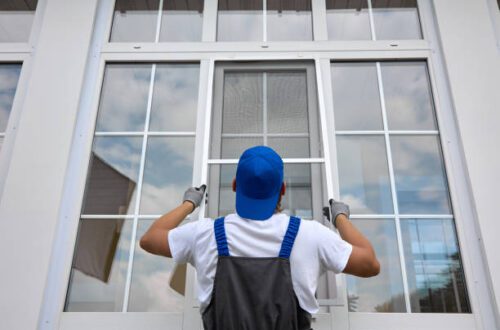Are you looking for ways to heat water in your home more efficiently and cost-effectively? It can be difficult to know where to start, but with the right heating system and expert advice, such as that obtainable from water heater repair services near Glendale, AZ, heating hot water doesn’t have to be a challenge.
During this article, we’ll discuss the ins and outs of heating systems that are designed specifically for hot water usage in homes. We’ll cover everything from types of heating systems available, installation considerations, energy efficiency tips, and more so that by the end of this article, you will have all the information you need to make an informed decision about what type of heating system is best for your needs. So let’s begin!
Type of Heating Systems
First, let’s look at the different heating systems available. The most common heating system for hot water usage in homes is a tank-style system. These systems use stored hot water to provide a constant supply of heated water, and they are typically powered by either electricity or natural gas. Depending on your particular needs, you may also want to consider a heating system that uses solar panels, geothermal energy, or an on-demand heating system.
Heating engineers more than ever are advising householders on different energy types that can keep their heating systems running extremely efficiently and cost-effectively. We are not just talking about addressing the current and future environmental concerns and government targets but also about ultimately saving the householder money in many instances. There are different ways of doing things other than the traditional methods that we have become familiar with and perhaps comfortable with too. Heating professionals that have kept pace with the latest technology will be able to help you more.
Installation Considerations
The installation process for heating systems can vary depending on the type of heating system you choose and the size of your home. For instance, installing a tank-style heating system requires certain special considerations, such as determining the size of the tank and whether venting or insulation is necessary. Additionally, if you’re considering an on-demand heating system, you’ll need to make sure your home has adequate water pressure to support it.
It is good to have a professional helping you with an installation because they can advise you on what is necessary rather than you having to perhaps ask those who don’t know. Sometimes the local area can play its part when it comes to water pressure. An individual property can also present problems that need to be thought about and solutions found. Heating experts, like those found at albertculver.com, are good at coming up with the perfect solution. Experienced plumbers will, for instance, bend pipes around the areas that require them and make sure that joints are soldered in a secure way that will last. This work can then be guaranteed.
Energy Efficiency Tips
When heating hot water, there are a few things you can do to make sure it’s as energy efficient as possible. For example, it’s important to make sure the heating system you choose is appropriate for your home’s size and energy usage needs. Additionally, it’s a good idea to invest in insulation and temperature control systems that will help keep heated water hotter for longer periods. Finally, regular maintenance of heating systems is also essential for keeping them running efficiently and cost-effectively.
By following these tips, you can ensure that your heating system is running as efficiently and cost-effectively as possible. With the right heating system and expert advice, heating hot water doesn’t have to be a challenge. We hope this article has given you the information you need to make an informed decision about heating systems for your home.






